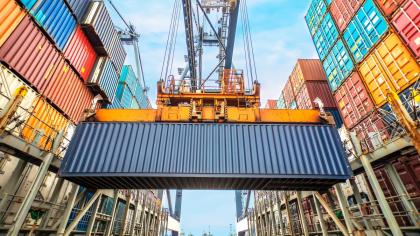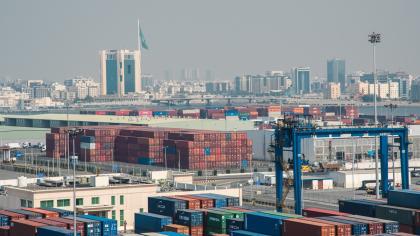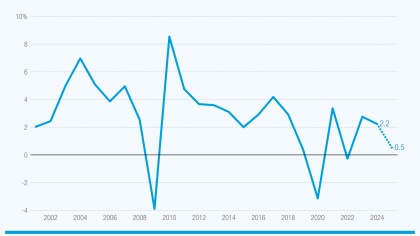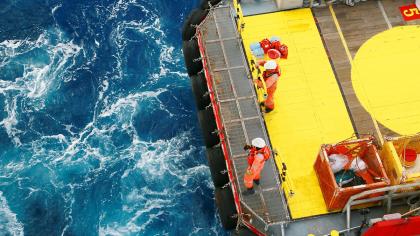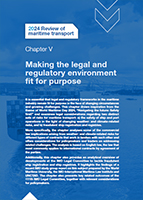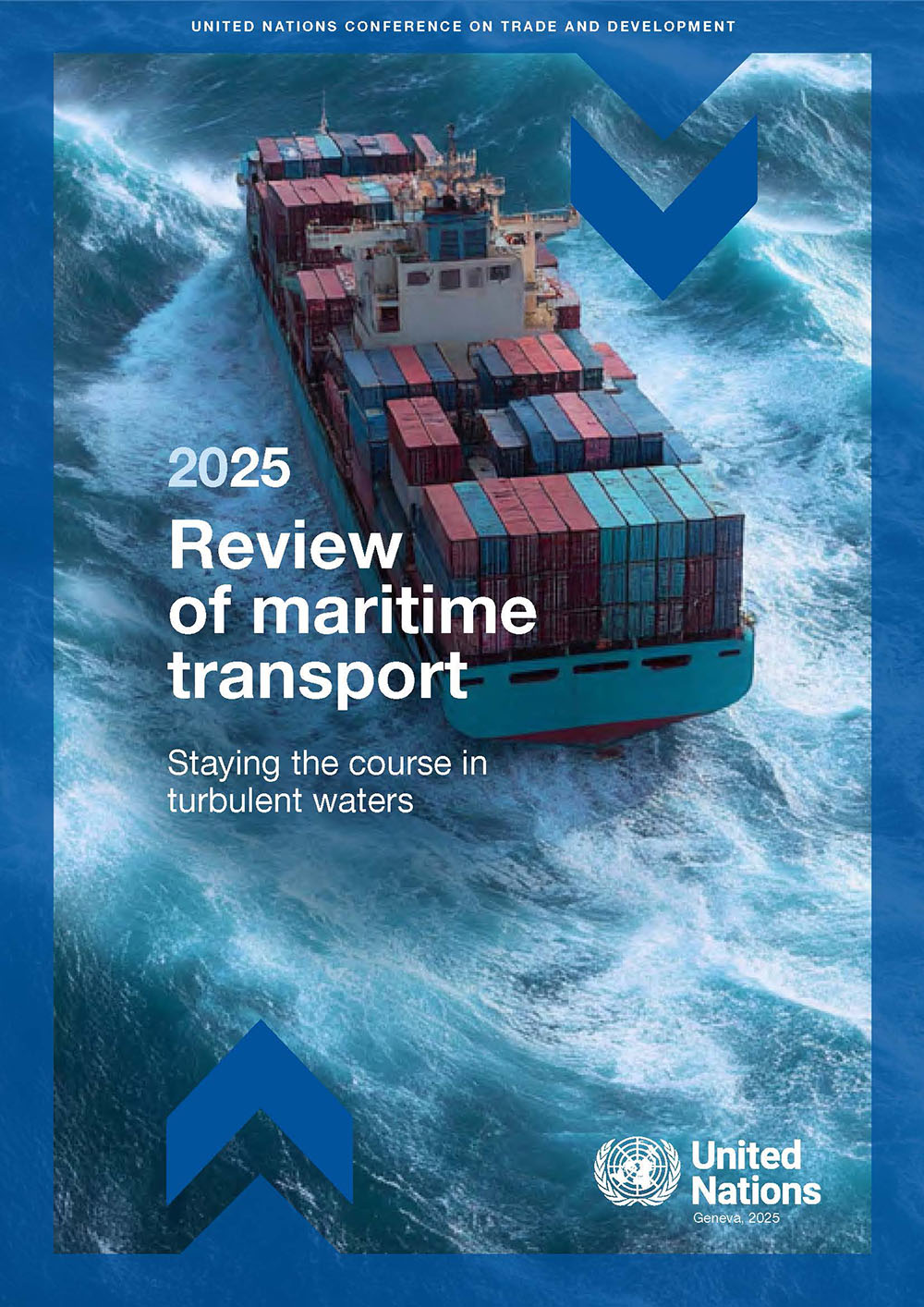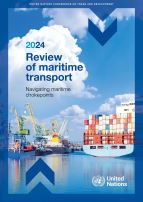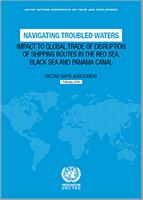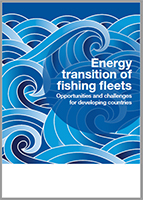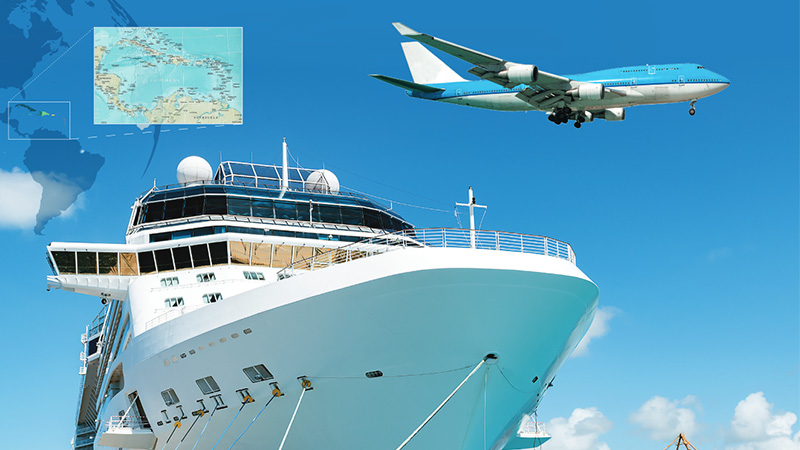With over 80% of world merchandise trade carried by sea, international shipping and ports provide key linkages in the network of supply-chains and are vital to global trade and development. We work to help improve the understanding of issues at the interface of maritime transport and the climate change challenge, with special emphasis on climate change adaptation and the need to enhance the climate-resilience of transport systems.
For further information and feedback, contact the Policy and Legislation Section at: [email protected]
Review of Maritime Transport 2024
Chapter 5: Making the legal and regulatory environment fit for purpose
- Commercial law implications of weather- and climate-related risks
- Combating fraudulent ship registration and registries: State of play and a way forward
- Policy considerations
Recent publications
Related statistics
- Transport resilience and sustainability
Uncertainty and disruptions are affecting maritime transport, its sustainability and resilience - Environment and climate crisis
Many SIDS are among the most environmentally vulnerable countries
Events and meetings
Documents and publications
Review of Maritime Transport 2025: Staying the course in turbulent waters
UNCTAD/RMT/2025 - 24 Sep 2025



